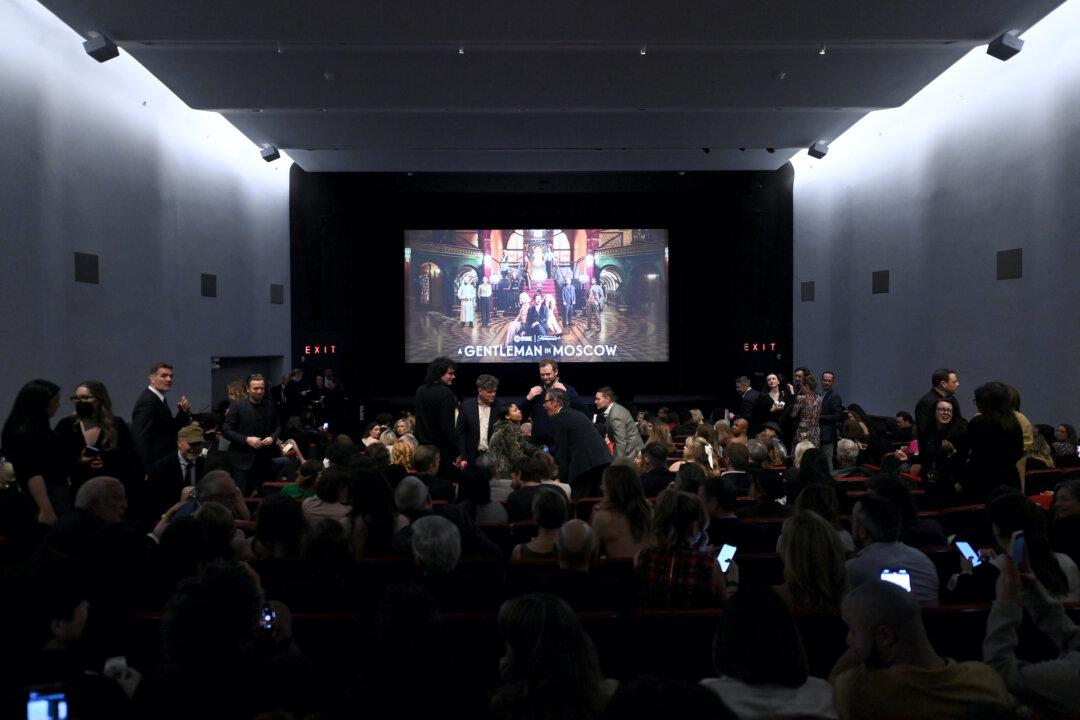Commentary
It’s hard to find a good streaming series to watch. They tend to start very slow, forcing you to watch at least a few episodes before determining whether you like it. But it can be very rewarding when you finally find a good one, eagerly anticipating the release of each new episode. (I put the two “White Lotus” seasons in that category.)





